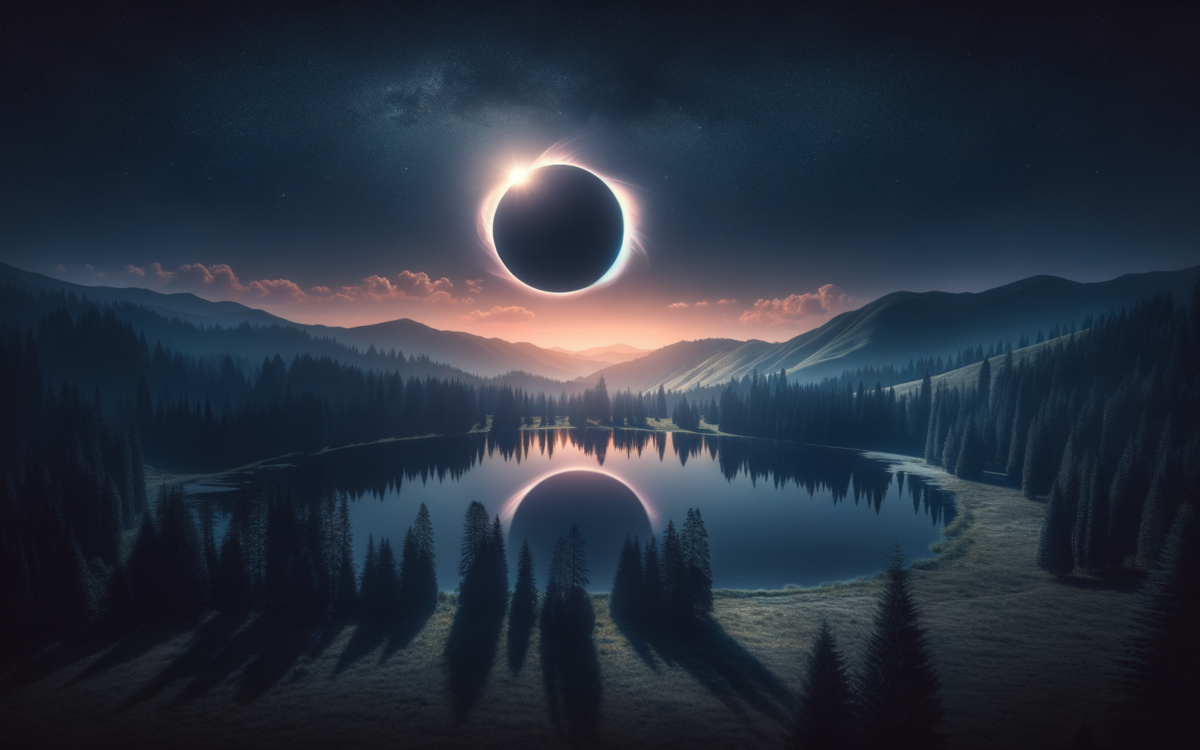When the Sun Disappears: Unraveling the Cosmic Dance of Eclipses Through Time
The Fascination with Eclipses: A Journey Through Ancient Myths and Modern Superstitions
- The last total solar eclipse visible from the continental U.S. for the next 20 years is set for April 8, 2024, sparking preparations across states and cities.
- Ancient civilizations and cultures had diverse myths and legends interpreting eclipses, often involving celestial beings or animals swallowing the sun.
- Despite advancements in understanding, eclipses still hold a place in modern superstition, emphasizing the blend of awe and mystery they continue to inspire.
A Glimpse into History: The Chronological Tapestry of Eclipses
Dating back to ancient times, eclipses have been a source of wonder, fear, and intrigue. The oldest solar eclipse on record is from around 1200 B.C.E., documented by Chinese scribes. Interestingly, even older potential records exist, such as spiral-shaped petroglyphs in Ireland, hinting at human fascination with these celestial events for millennia.
The Myriad Interpretations of Solar Eclipses
Swallowing the Sun: Ancient Legends
Different cultures interpreted the sudden disappearance of the sun in various fascinating ways, often involving mythical creatures or gods. From the Vikings’ fears of Ragnarok to the Vietnamese giant frog, these stories reflect the universal human need to understand and explain the world around us.
Conflict and Unity: From Battles to Matrimony
Not all ancient interpretations were ominous. Some cultures saw eclipses as times for reconciliation or as celebrations of unity, such as the Tlingit tribes’ view of them as celestial procreation or the romantic imagery in Tahitian mythology. These interpretations showcase the rich tapestry of human imagination and the diverse ways cultures sought to comprehend natural phenomena.
Modern-Day Superstitions and Scientific Realities
Even with today’s scientific understanding, eclipses continue to evoke wonder and spawn superstitions, such as the belief in adverse effects on pregnant women or the fear of end times. Yet, the core advice remains timeless: protect your eyes with eclipse glasses and marvel at the cosmic spectacle with respect and awe.
Jon’s Take
As someone who’s always been mesmerized by the stars, I find the stories and superstitions surrounding eclipses to be a beautiful reminder of our shared humanity. Our ancestors looked up in wonder, just as we do now, trying to make sense of the grand universe we inhabit. Whether through fear, reverence, or scientific curiosity, eclipses connect us across time and space, reminding us that, in many ways, the truth isn’t just out there—it’s right here, in the stories we tell and the mysteries we unravel together.
Original Article




